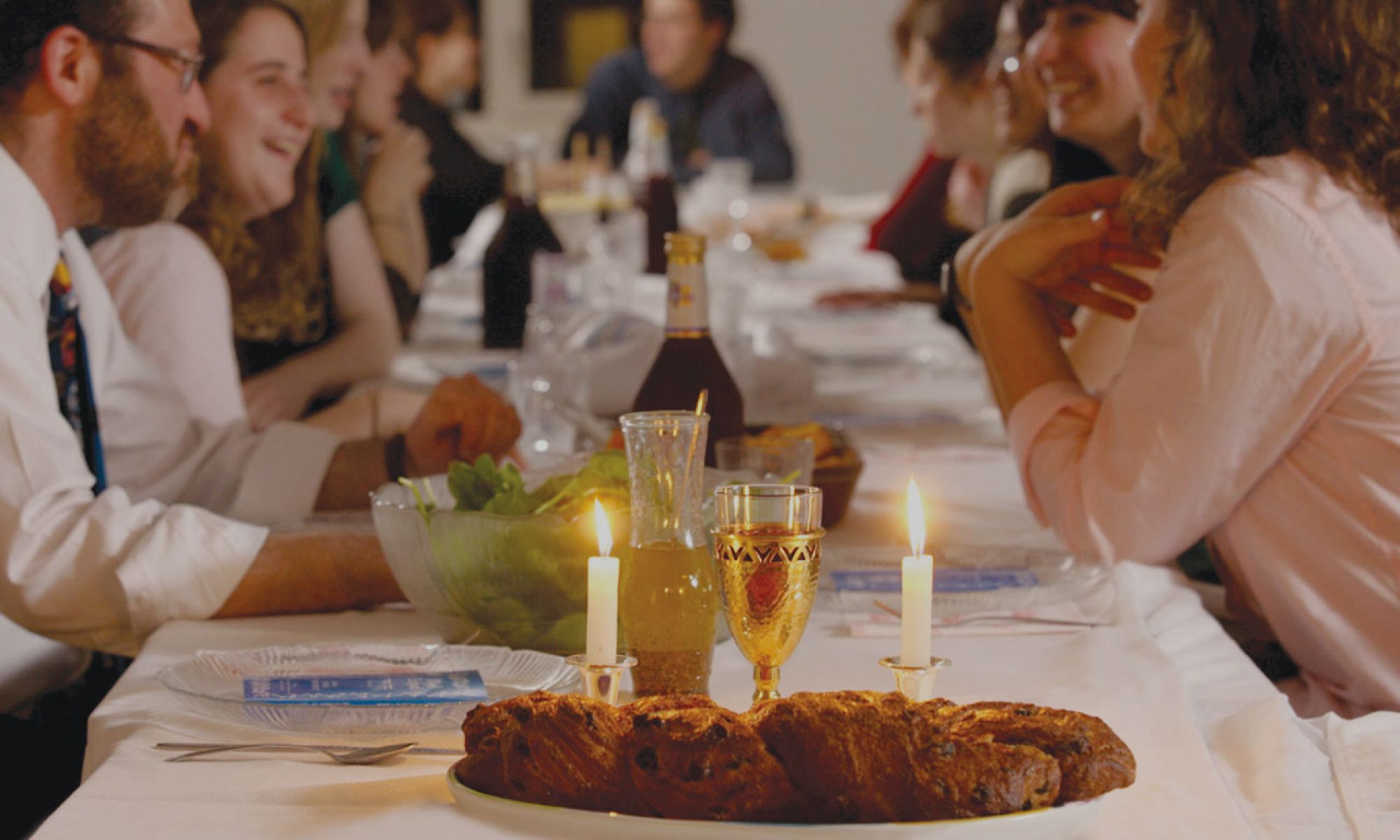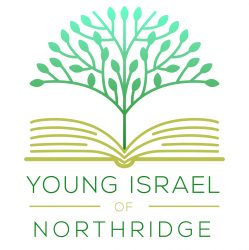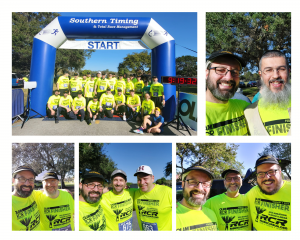“Emotional Slavery” by Rabbi Dr. Abraham Twerski zt”l
taken from www.torah.org
Many families gather together for the Passover Seder. They eat the matzah and the bitter herbs, drink the four cups, and recite the Haggadah. The house is free of all chametz. In our prayers we refer to Passover as “the festival of liberation.” These are wonderful mitzvot. But, what do we take from Passover into our daily lives?
It should be obvious that Passover is more than a kind of Independence Day celebration. Who prepares for an Independence Day two weeks in advance, making the house chametz-free to a degree of operating-room sterility, replacing all dishes and cookware, and having a sharply restricted diet for eight days?
The deeper significance of Passover occurred to me when a recovering drug addict told me that when his father began reciting the Haggadah at the Seder, and said, “Avadim hayinu (we were slaves),” he interrupted him. “Abba,” he said, “can you truthfully say that you were a slave? Your ancestors were slaves, but you don’t know what it means to be a slave. I can tell you what it is like to be a slave. All the years that I was on drugs, I had no freedom. I had to do whatever my addiction demanded. I did things that I never thought I was capable of doing, but I had no choice, no free will. I was the worst kind of slave.”
This is a precious insight. Slavery is not limited to a despotic Pharaoh or a slave owner. A person can lose his freedom and be a slave to himself, to his habits and negative character traits. A person who cannot break free from cigarettes is a slave, as is someone who cannot break free from gambling, from excess food, from the Internet, and even from the office.
A person whose self-concept is dependent on what others think of him, or whose behavior is totally determined by what he thinks others want him to be, he, too, has no freedom. He is not free to do what he thinks is right and proper, but what others think is right and proper. Anytime one loses control of any aspect of one’s behavior, one is a slave.
The entire Haggadah is essentially a text on breaking free from all forms of enslavement, internal as well as external.
This understanding of Passover and the Exodus explains why we have an entire week of celebrating independence. For political independence, one day of parades, picnics, and fireworks suffices. For the realization of obtaining true personal freedom, an entire week of contemplation is necessary…
The centerpiece of Passover is, of course, the matzah. The Zohar refers to matzah as “the bread of faith.” Presumably, this is because the Israelites left Egypt in such great haste that they could not take along any provisions, and took only the unleavened dough with them. With trust in God they headed into the barren desert where no food was available. The matzah, therefore, represents the Israelites’ faith and trust in God.
Rabbi Zvi Elimelech of Dinov (Bnei Yissaschar) provides an additional insight. The prohibition of chametz on Passover is much harsher than that of other forbidden foods. For example, if a piece of non-kosher meat falls into a pot of kosher food, and the volume of the kosher food is at least 60 times that of the non-kosher meat, the food may be eaten. However, if a tiny crumb of chametz falls into a huge vat of food on Passover, even if the volume is infinitely great — a million to one — the entire vat of food is prohibited. The tiniest crumb of chametz cannot be considered negligible.
Bnei Yissaschar explains the difference between chametz and matzah. Matzah is never allowed to be left without someone working it. From the time the flour and water are combined, the dough is kneaded, promptly rolled out, perforated, and baked. Nothing happens to the matzah that is not the direct effect of someone handling it. Not so withchametz, where the ingredients are mixed and then set aside for a period of time to rise. The latter process is spontaneous, occurring without anyone’s doing anything to make it rise.
Matzah and chametz, therefore, represent two perspectives. Chametz represents the idea that things can happen by themselves, while matzah symbolizes that nothing happens unless someone makes it happen. There is no spontaneity.
The Torah did not wish to deprive us of bread all year, but when we celebrate our independence and our free will, the matzah reminds us that there is no spontaneity in the world. Everything is at all times under the direct providence of God. Except for the choice in behavior, of moral and ethical acts that God assigned to man, there is not even the tiniest occurrence that is spontaneous. The Baal Shem Tov was very emphatic about this, saying that if someone digs into sand, each of the millions of grains of sand falls into the place where God wills it to be. Not even the placement of a grain of sand is without design.
Matzah, therefore, symbolizes that everything in the world, great and small, is under the direction of God. That is why the Zohar refers to matzah as “the bread of faith.”
In the order of the Seder, we eat the matzah before the marror (bitter herbs). Inasmuch as the marror symbolizes the enslavement, would it not be proper that the marror precede the matzah, which represents the liberation? Herein lies an important concept. The Israelites had become so inured to being slaves that they did not recognize the bitterness of the condition. It was only after they had a taste of freedom that they realized how bitter it was to be a slave.
This can be applied directly to addiction. During the addiction, one is unaware of the brutality of his condition. It is only after one breaks free of the bonds of the addiction that he can understand how dreadful this condition had been.
But addiction is not the only time this phenomenon occurs. A person may be living a lifestyle in which he believes himself to be happy, and only when he is enlightened does he realize how mistaken he had been to think that he was truly happy… In retrospect they see that a life without a higher goal, a life devoid of spirituality, is beneath the dignity of man…
Reprinted with permission from Innernet.org and excerpted with permission from “Simchah: It’s Not Just Happiness.” Published by Shaar Press, distributed by Mesorah Publications Ltd.




